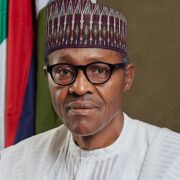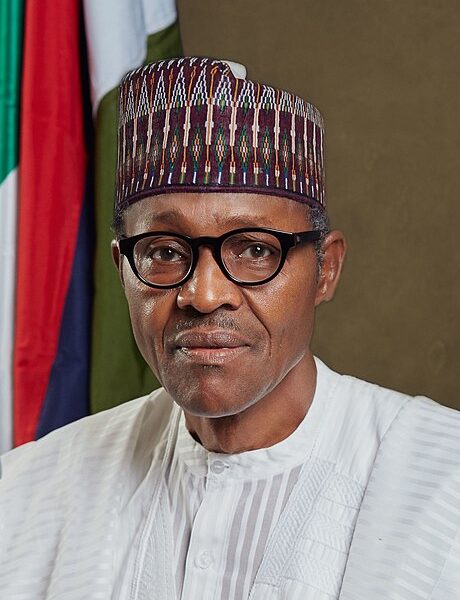President Bola Ahmed Tinubu has described the death of former President Mohammadu Buhari’s death as a “national tragedy,” mourning the loss of “a soldier, a statesman, and a patriot who gave his all in service to the nation.”
“This is a moment of deep national pain,” President Tinubu said in a solemn statement released from the State House, Abuja. “President Muhammadu Buhari embodied discipline, duty, and devotion to Nigeria.”
He also revealed he had spoken directly to the former First Lady, Aisha Buhari, to offer his condolences, while directing Vice President Kashim Shettima to travel to the UK to accompany the late president’s remains back to Nigeria.
“In accordance with Islamic traditions and his stature as a former Head of State, Vice President Shettima will represent the country in overseeing the repatriation of the body,” Tinubu announced.
Flags are to be flown at half-mast nationwide and at Nigerian embassies abroad for seven days as part of official mourning rites. Full funeral details are expected to be released soon.
Life of Duty and Controversy
Buhari’s political career spanned more than four decades. After his military regime was toppled in 1985, he spent years out of public office, contesting several presidential elections before his eventual victory in 2015 under the All Progressives Congress (APC).
His tenure saw mixed reviews. He is credited with intensifying the fight against Boko Haram, expanding national infrastructure, and reforming some key sectors. However, economic stagnation, mounting debt, inflation, and recurrent medical leaves abroad often overshadowed those efforts.
Despite repeated promises to end medical tourism, Buhari himself spent significant periods receiving treatment overseas — a trend that continued until his final moments.
Still, to many, Buhari represented an era — one that emphasized personal discipline, national pride, and uncompromising stance on graft. His death closes a defining chapter in Nigeria’s complex post-colonial journey.
Survived by Family and Legacy
Muhammadu Buhari is survived by his wife, Aisha Buhari, their children and grandchildren. He leaves behind a divided yet undeniable legacy — a figure both praised and contested, and a man whose imprint on Nigeria’s civil-military and democratic history will continue to inspire debate.
As the nation comes to terms with his passing, condolence messages from global leaders, African heads of state, former presidents, and political allies are expected in the coming days.


